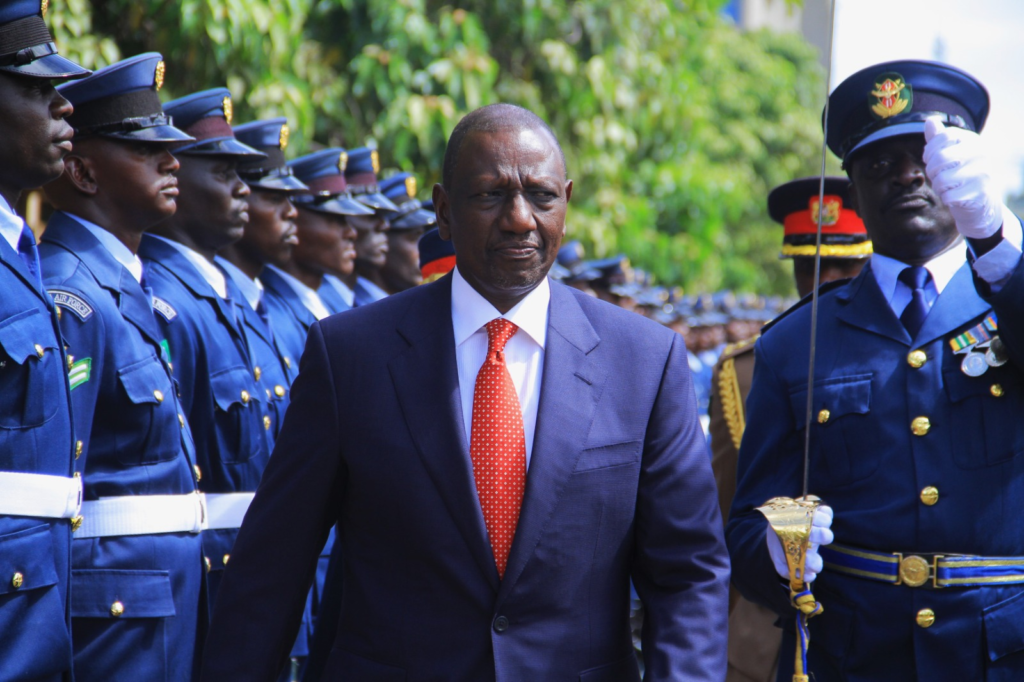President William Ruto has reaffirmed his administration’s commitment to ensuring that forced disappearances and abductions are not tolerated in Kenya.
Speaking during the State of the Nation Address, Ruto acknowledged allegations of disappearances during protests, noting that some cases had been resolved while others were uncovered as fake news, undermining efforts to address genuine concerns.
“A good number of disappearances have also turned out to be arrests made by police officers. In such cases, the suspects have been duly arraigned in court,” the President explained.
However, he emphasized that illegal arrests and any form of extrajudicial actions would not be justified.

“I must make it very clear: there is no attempt to justify or excuse illegal arrests,” Ruto added.
The President condemned any excessive actions, including disappearances and threats to life, and urged Kenyans to report such cases to the Directorate of Criminal Investigations (DCI) and the Independent Police Oversight Authority (IPOA).
“I am aware that many of these cases raised are being handled by IPOA,” he stated.
Ruto also highlighted the constitutional right to protest, noting that peaceful and unarmed demonstrations are legitimate and protected under the law.
“Protests conducted peacefully and within the confines of the Constitution advance accountability and defend the rule of law,” he said.
He cautioned, however, that protests aimed at promoting chaos or criminal agendas are strictly prohibited.
“Conversely, mobilization in pursuit of a criminal agenda, chaos, and anarchy are explicitly forbidden,” he stated.
The President raised concerns about the misuse of digital platforms, emphasizing that while they provide opportunities to inform and educate, they can also be used to mislead, incite, and alarm the public.
“Criminality in the name of protests threatens the safety of innocent people, public assets, private property, and public order,” Ruto said, adding that such actions jeopardize the safety of both legitimate protesters and the public.




